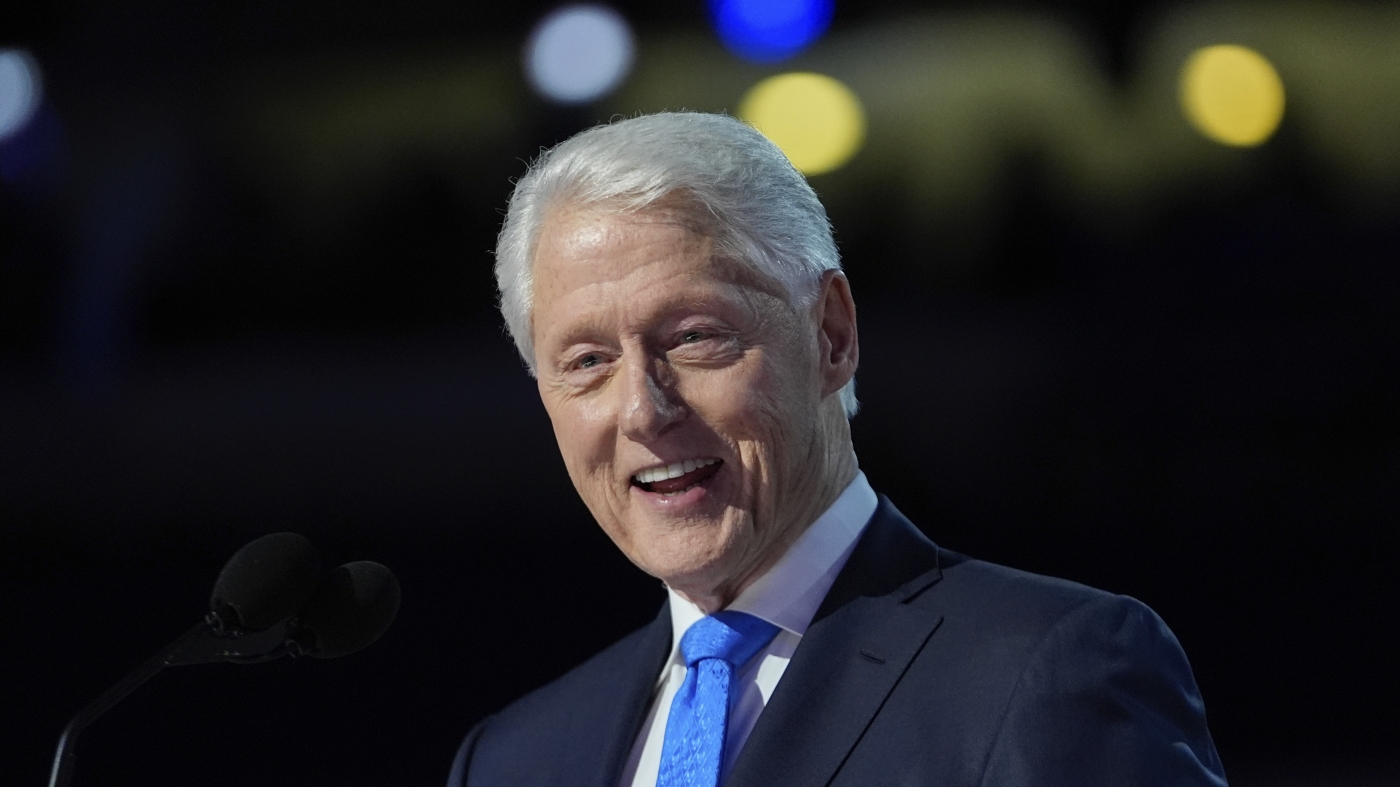Trump sends Congress scrambling to avoid a shutdown : NPR

President-elect Donald Trump has not yet been sworn in but he and his close adviser Elon Musk are already wielding power in Washington.
Brandon Bell/Getty Images
hide caption
toggle caption
Brandon Bell/Getty Images
President-elect Donald Trump hasn’t been sworn in yet but he’s already running Washington again in his familiar style of upheaval and intraparty drama, starting with the decision to kill a bipartisan spending bill without a strategy to avoid a government shutdown.
Trump and his newest top lieutenant, Elon Musk, upended the bipartisan agreement on Wednesday designed to keep the government running into next year largely by mounting an opposition campaign on X, Musk’s social media platform.
Musk’s posts provoked a number of rank-and-file Republicans to announce their opposition to the deal even before Trump made it clear he also opposed it–a maneuver that spoke to how much power Musk — the richest man in the world — now yields in the GOP broadly and with Trump specifically. Musk’s X bio now reads: “The people voted for major government reform.”
The clash also provoked a sense of deja vu from Trump’s first term, where the president would frequently change the policy parameters around legislation in real time and often by surprise announcement on social media. Republicans are, once again, scrambling to figure out what exactly Trump wants the party to try to pass–and if its even possible.
The meltdown also exposed how politically vulnerable Speaker Mike Johnson remains as he approaches a consequential Jan. 3 House floor vote to become the chamber’s leader again. Already at least one Republican, Rep. Tom Massie of Kentucky, says he plans to oppose Johnson leaving almost no room for further defections and raising the specter of a U.S. House once again thrown into chaos if the GOP cannot elect a speaker because the chamber cannot function without first electing its constitutionally-mandated leader.
Sen. Rand Paul, R-Ky., went so far as to suggest Thursday on X that House Republicans should elect Musk as speaker next year — a politically possible but largely preposterous notion even if the Constitution technically allows for a speaker to not be a member of Congress. Paul said there would be “joy at seeing the collective establishment, aka ‘uniparty,’ lose their ever lovin’ minds.”
Democrats, likewise, seemed knocked off guard by the legislative collapse but less eager to help Johnson find a way out of it a second time. “House Republicans will now own any harm that is visited upon the American people that results from a government shutdown, or worse,” Minority Leader Hakeem Jeffries, D-N.Y., said Wednesday. Part of what doomed the deal was the inclusion of unrelated measures like a pay raise for members of Congress, who have not seen a pay increase since the 2008 financial crisis.
The Trump-Musk gambit also ignored the reality in the Senate, where any deal to keep the government open requires some element of bipartisan support for it to pass as Democrats still control the chamber. It also provides a preview of the coming budget conflicts in the next Congress, where Republicans will take control but still require Democratic support to pass the 12 annual appropriations bills–which Musk and Vivek Ramaswamy are already combing through to find spending cuts to domestic programs as part of their mandate under Trump’s incoming Department of Government Efficiency.
In a joint statement with Vice President-elect J.D. Vance, Trump said he wanted a deal to now include an increase to the debt ceiling, the nation’s borrowing limit, so it would happen “on Biden’s watch.”
Trump later told NBC he even supported scrapping the debt ceiling entirely — a proposal generally supported by budget experts as debt ceiling political conflicts have pushed the nation dangerously close to default on several instances in the past decade–including under Trump’s first term.
Adding to the dramatic twists as a shutdown approaches: liberal Democrats signaled their support for it. “I agree with President-elect Trump that Congress should terminate the debt limit and never again govern by hostage taking,” posted Sen. Elizabeth Warren, D-Mass., on X.
The government will begin shutdown operations at midnight Friday, but it would take weeks for the full effect of a shutdown to be felt by everyday Americans. One thing is certain: shutdowns are a bad deal for taxpayers. They don’t save any money and the shutdowns of recent years have cost billions in lost productivity.
Source link




